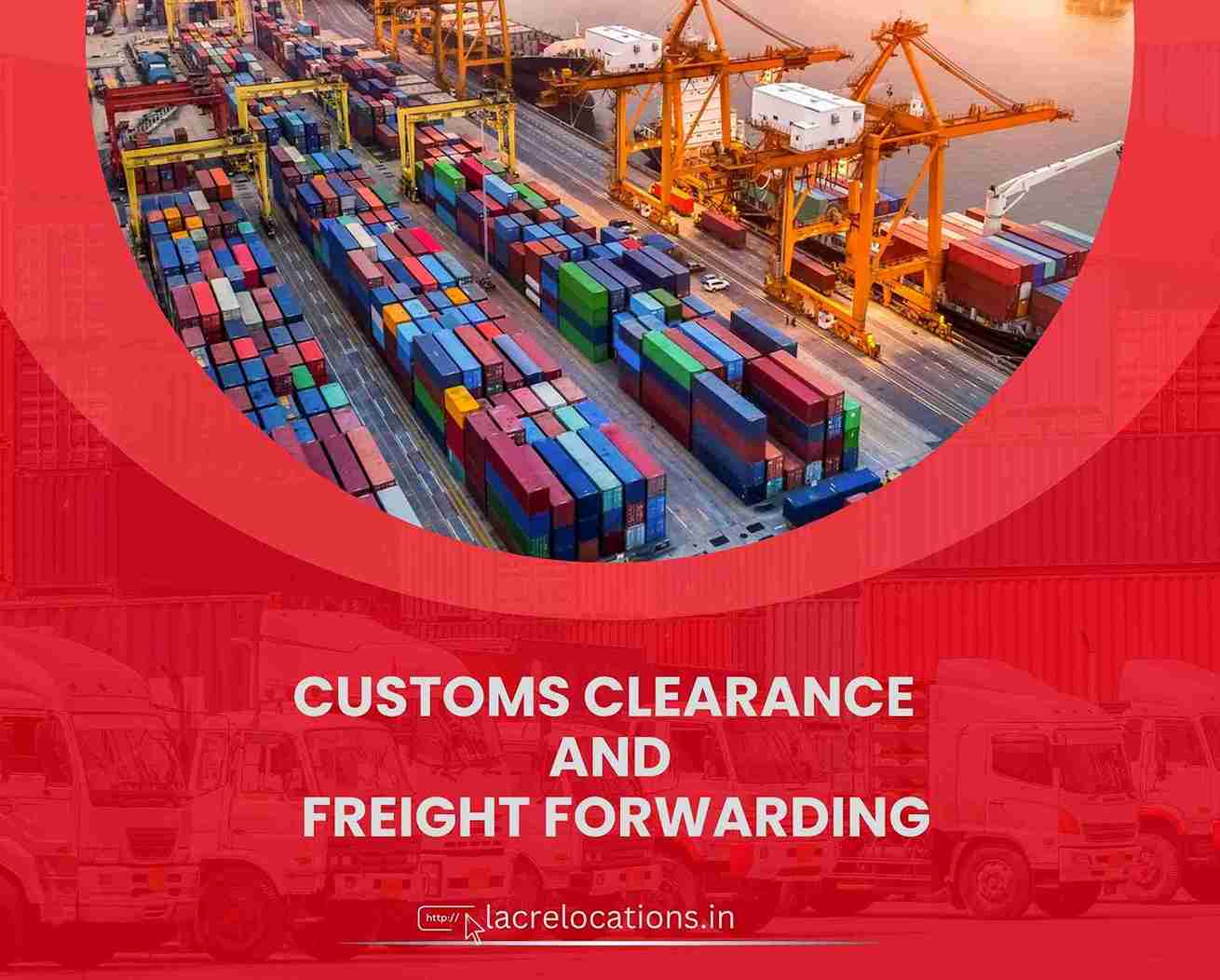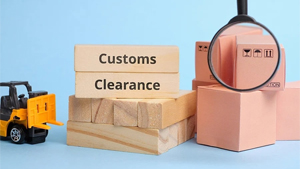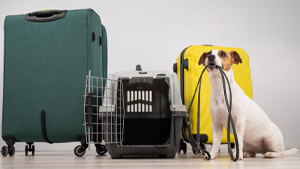Shipping goods across borders is not about putting products in a box and sending them off. It is a detailed process with a lot of paperwork, legal rules, coordination, and time management. Each country has its own trade policies. Every shipment must follow strict timelines, as any mistake can lead to delays or penalties.
This is why businesses rely on experts. Freight forwarding and customs clearance are two of the most commonly used global shipping services. Though they frequently collaborate, they handle different tasks. Knowing the difference helps to avoid confusion and ensures that trade runs smoothly.
Companies involved in import and export should understand what each service offers. Freight forwarders move goods from one place to another. Customs brokers handle the legal side of getting goods across borders. Together, they make international trade possible.
What is freight forwarding?
Freight forwarding is the planning and management of how goods are transported from one country to another. A freight forwarder does not own a ship, plane or truck. Instead, they serve as a middleman. They coordinate the entire journey.
The job starts with choosing the best route which includes sea, air, rail, or road. The goal is to move goods efficiently and cost effectively.
Freight forwarders also help with:
- Book cargo space on ships or flights.
- Negotiating rates with the carriers
- Preparing paperwork such as bill of lading and commercial invoice.
- Managing warehousing as needed.
- Tracking shipments until they reach their final destination.
- Providing insurance for goods in transit.
Example:
A business in Mumbai needs to ship 20 pallets to Germany. The freight forwarder finds the right shipping line, arranges pickup, books a container, and ensure the goods reach the German port. They may even help deliver the cargo from the port to the buyer’s warehouse.
They do not clear goods through customs. But they work closely with customs brokers to ensure all documents are in place. Freight forwarders main role is to keep good moving.
What is customs clearance?
Customs clearance is about following the law. Every country has its own rules for what can enter or leave. Customs clearance is the step where goods are approved by the government for export or import.
This process involves many steps. A customs broker usually handles these tasks:
- Preparing import/export paperwork like the commercial invoice, packing list, and import declaration
- Submitting documents to customs authorities
- Paying duties, tariffs, or taxes on behalf of the importer or exporter
- Checking that goods meet local laws like safety, labeling, and certifications
- Solving issues like missing documents or flagged items.
Example:
A company importing electronic goods into the U.S. must declare the correct HS code, pay the right import duties, and meet any safety rules. The customs broker ensures all boxes are checked. If not, customs could hold the goods at the border, causing delays.
Unlike freight forwarders, customs brokers do not transport goods. They handle the legal aspects. Their job ends when the shipment is cleared for release.
Some freight forwarders offer customs clearance services too, but this depends on the company and the country. In most cases, customs clearance is a separate process handled by trained and licensed professionals.
Key Differences Between Freight Forwarding and Customs Clearance
Freight forwarding and customs clearance are part of the same shipment process. But they focus on different areas. Following is their difference:
-
Scope of Work
Freight forwarders focus on the logistics side. They arrange how goods move from point A to B.
Customs brokers focus on compliance. They deal with documentation, regulations, and taxes.
-
Role in the Supply Chain
Freight forwarders manage transport. They select the best route and carrier, arrange warehousing, and track the shipment.
Customs brokers handle the legal side. They prepare documents and deal with customs authorities.
-
Licensing Requirements
In many countries, customs brokers must be licensed. They must have knowledge of trade laws, tariff systems, and customs rules.
Freight forwarders usually don’t need a specific license. But they must know international shipping, carrier contracts, and cargo handling.
-
Interaction with Authorities
Freight forwarders talk to shipping lines, airlines, and trucking companies.
Customs brokers interact with government bodies like CBP in the U.S., CBIC in India, or HMRC in the UK.
-
Responsibility
Freight forwarders make sure goods move on time and reach the right place.
Customs brokers ensure goods are legally allowed to cross the border and that all charges are paid.
-
Timing
Freight forwarding begins before the shipment is sent and continues until delivery.
Customs clearance happens only at the export or import border. It’s a checkpoint, not the full journey.
Both roles are important. One moves your goods. The other keeps them legal.
When to Use a Freight Forwarder, a Customs Broker, or Both
Each service serves a different need. The choice of service is determined by the shipment and location.
If you need to move goods across borders but are unsure how to handle the shipping process, hire a Freight Forwarder. They will plan the transportation, book carriers, and ensure that the cargo arrives at its intended destination.
If you understand shipping logistics but are unsure about import/export laws, consult a Customs Broker. They will prepare the necessary documents and pay any applicable duties to clear your goods.
Use both for a full service solution. Many importers and exporters work with companies that offer both services. This avoids delays and confusion.
Small businesses start with just a freight forwarder. However, as trade grows, working with both a forwarder and a broker helps things run smoothly. You will avoid delays, penalties, and misrouted shipments.
Common Misconceptions
-
Freight forwarders handle customs clearance
This isn’t always true. Some freight forwarders provide both services; however, many do not. Their job is to move cargo, not to manage compliance. Customs clearance is a separate task that requires the services of a licensed broker.
-
Customs brokers arrange international shipping
They don’t. Customs brokers work at the border. They make sure goods are cleared based on government rules. They won’t book containers, flights, or trucks. That’s the freight forwarder’s job.
-
You only need one or the other
It depends on your shipment. If your forwarder doesn’t offer customs services, you’ll need both. If your broker doesn’t handle transport, same thing. For a complete process, many businesses use both.
-
Customs clearance is only needed for imports
Wrong. Even when exporting, customs rules apply. You still need documents, and in many cases, export duties or approvals.
Conclusion
Freight forwarding and customs clearance may sound similar, but they do different things. One moves goods. The other makes sure the goods are legal. For successful international trade, you need both.
Choosing the right service partner depends on your business. If you only need transport, a freight forwarder is enough. If you only need clearance, a broker is enough. But for smooth and stress free shipping, using both is often the smart choice.
At LAC Relocations, we help businesses manage both freight forwarding and customs clearance. Our team helps to move goods legally, quickly, and without confusion.

















